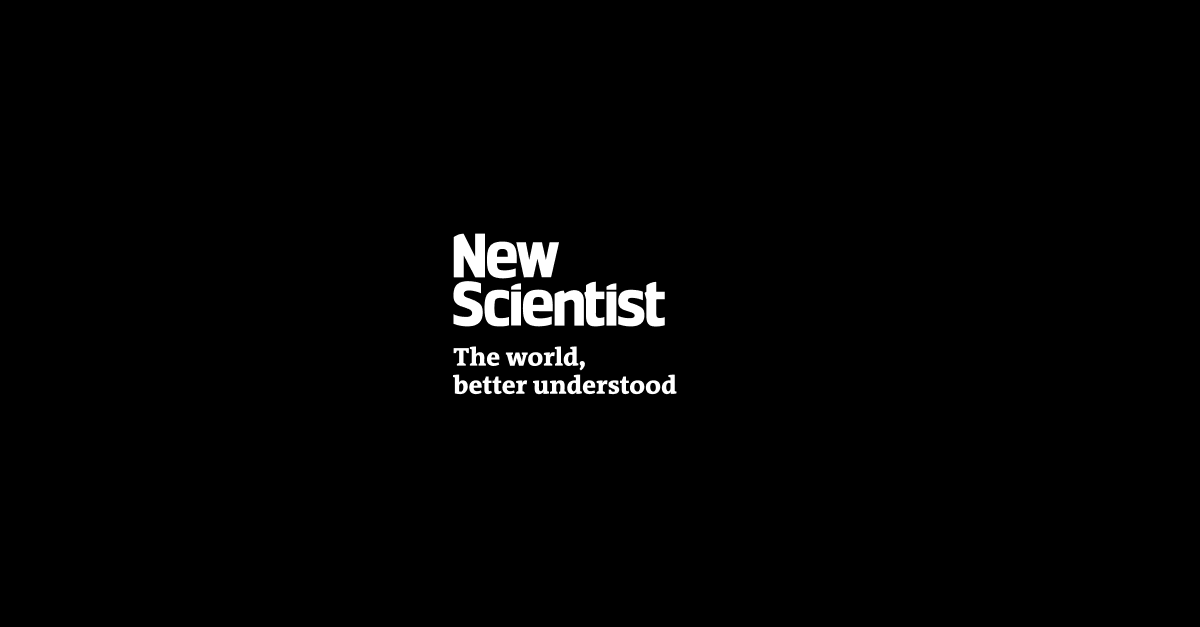Shutterstock/Leka Sergeeva
Whether it’s Pandora’s box, Eve’s apple or the cat’s curiosity, there is no shortage of cautionary tales about the dangers of knowledge – but are there really ideas so toxic that they should be suppressed?
Well, it depends on whom you ask. When faced with Galileo Galilei’s heretical concept of Earth not being the centre of the universe, the Catholic church came down hard as the idea threatened its teachings. While this did delay heliocentrism, the church apologised… in 1992.
Suppression, then, can hold back an idea for only so long, especially if it turns out to be true. And yet, as we report (see “Bitter argument breaks out over controversial theory of consciousness”), some researchers are arguing that we should reject a proposed theory of consciousness because of its implications for thorny questions like the rights of fetuses or artificial intelligences, even as evidence points in its favour.
Advertisement
This is a long way from inquisitors’ cries of heresy, but there is something uncomfortable about dismissing a scientific idea based on its potential consequences. It is still far from clear whether this idea, known as integrated information theory, is even the right approach to consciousness – but it would be wrong to abandon it prematurely.
Ultimately, science is the process of opening a never-ending series of Pandora’s boxes
Maybe researchers should simply pursue the purity of knowledge, without concern for fallout? This too would be an error.
Take the example of physicists whose explorations led to the conception of the atomic bomb. Albert Einstein, working with others, sent a letter to US President Franklin Delano Roosevelt in 1939 to warn him that scientists in Nazi Germany were probably already working to build one, spurring on the Manhattan Project.
Ironically, Einstein regretted sending his letter, feeling that it led to the bombing of Hiroshima and Nagasaki. But it is hard to argue that he shouldn’t have issued his warning. Ultimately, science is the process of opening a never-ending series of Pandora’s boxes that are home to potential good or ill. Scientists can do their best to shepherd what they have released, but leaving the boxes closed would be a poorer choice.
Topics:




